NEW ZEALAND RUM
A rambling but moderately coherent treatise on where New Zealand Rum production is at and where we could take it.
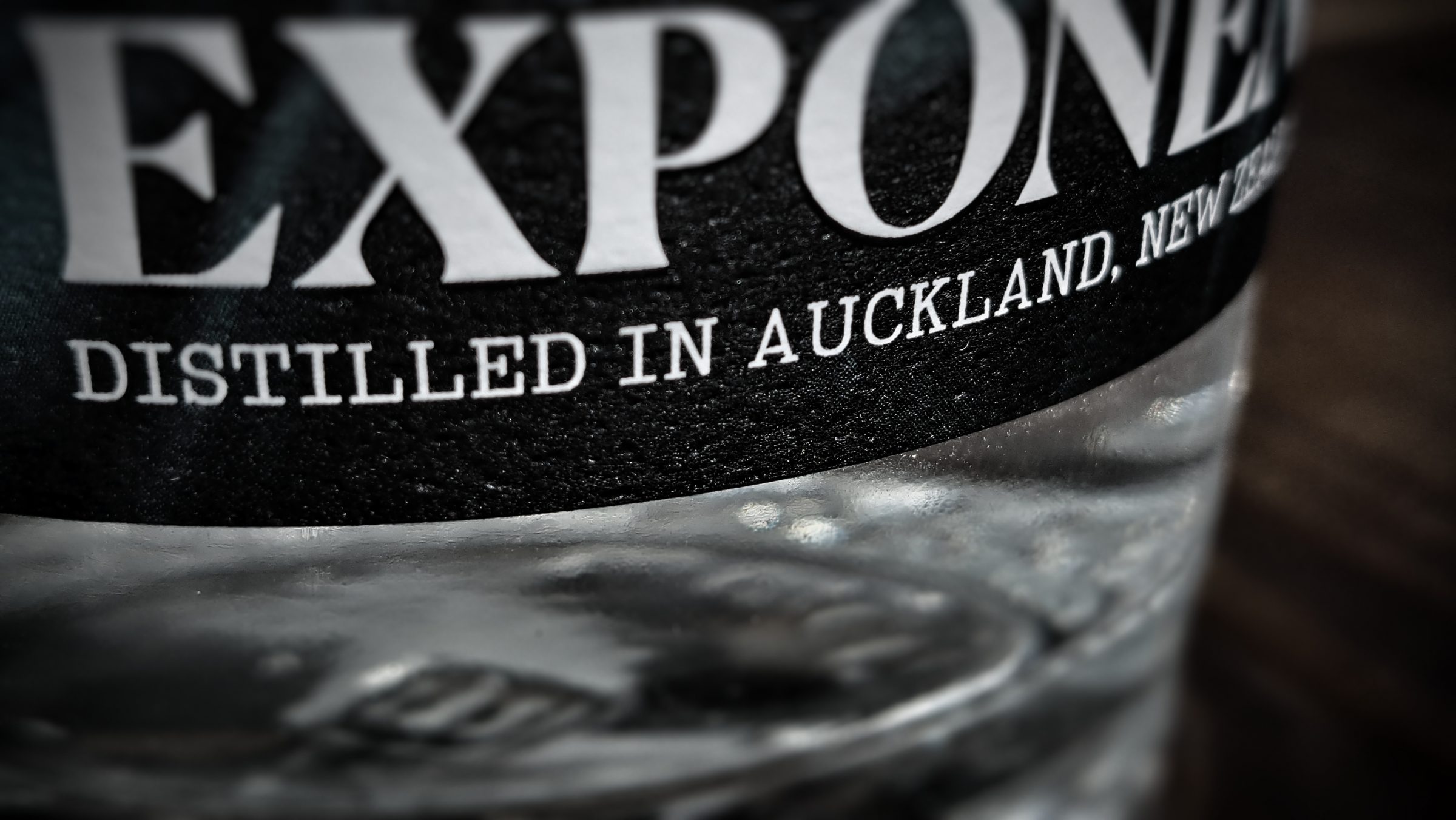
Let’s take a moment, sit down and be 100% honest with ourselves, New Zealand is a country more normally associated with rum consumption than production. As a country, we actually have a relatively high per capita consumption of rum but it has to be said, it’s more a case of the old boys in stubbies and jandals (translation for non-Kiwis: rugby shorts and flip flops) chucking back rum and cokes rather than fashionable young things sipping on something elegant and fine. Not that there’s anything wrong with that of course, rum is nothing if not egalitarian and one of the beauties of the category as a whole is its diversity and how there’s something for everyone. And, those old boys are enthusiastic about their rum! It’s just that as a generation, they are extremely brand loyal and difficult to prise from their usual drinking habits. To me, they don’t represent the future market we need to capture in order to get Kiwi’s excited about the wider world of rum and in turn, domestically produced rum.
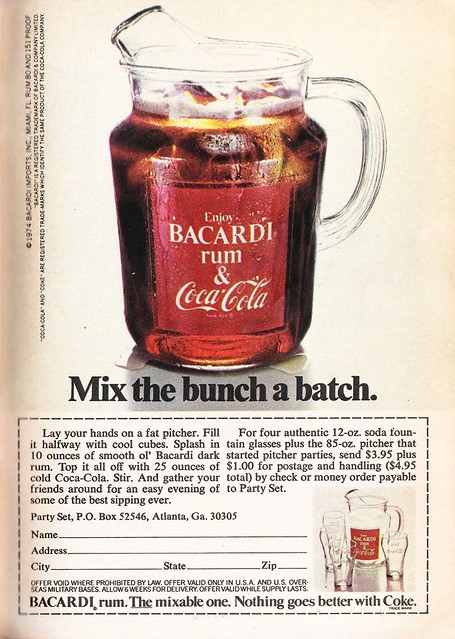
So, what is the current state of play for rum producers? Let’s start at the beginning…
To state that there is no history of rum production here wouldn’t be entirely accurate, there is historical evidence that points to at least some rum production as early as the 19th century. This newspaper excerpt from circa 1874 mentions the W.J. Cawkwell Distillery in Auckland which we know from other sources, produced a reasonable quantity of rum at the time.
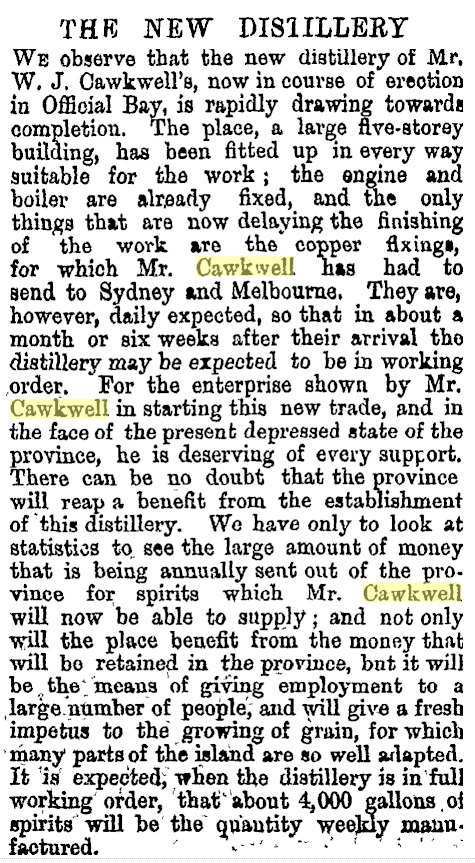
Perhaps it would instead be fairer to say that that has not been recent, continuous or significant production of our favourite spirit over much of the recent times.
The Raw Material
This lack of tradition in rum making could be perceived as a drawback, how can we find a direction and a style all our own when we have no roots from which to grow? I even read an interview with some rum pundit the other day suggesting that rum should rightfully only come from cane growing nations. The inference being that it was some kind of cultural appropriation for less tropically blessed nations to even try. Whilst this is a fairly extreme view, I did grapple with this geographical selectivism myself when contemplating starting a rum distillery in Auckland. I quickly realised there would always be molasses coming into the country as feed to support the massive dairy industry and that seeing as it was here, I might as well make rum out of it. Added to which, there is historical precedent for non-sugar producing regions making rum; to highlight just one, New England was a bastion of rum production in the US for many years to the point where it even developed its own style and identity. The aforementioned gentlemen would also do well to remember that many of the “great” rum producing nations rely almost solely on imported molasses to fulfil their production needs! So then, that answers that question; rum production can definitely be a legitimate endeavour, even down here at the bottom of the world where cane isn’t grown.
Before anyone jumps in here and says, “Ahhh, but Sugarcane can grow in NZ, why is no one doing that?” let’s clarify something: Cane can and does grow here. It’s a feature in many gardens but it is not at present, a viable commercial crop. Nor is it really likely to be, thanks to the fact that the sugar levels needed to be economically viable can’t be achieved at the cooler temperatures we have here. That, and the longer growing cycle caused by these temperatures would make it difficult to coordinate the required dry period just prior to harvest with New Zealand’s more capricious seasons.
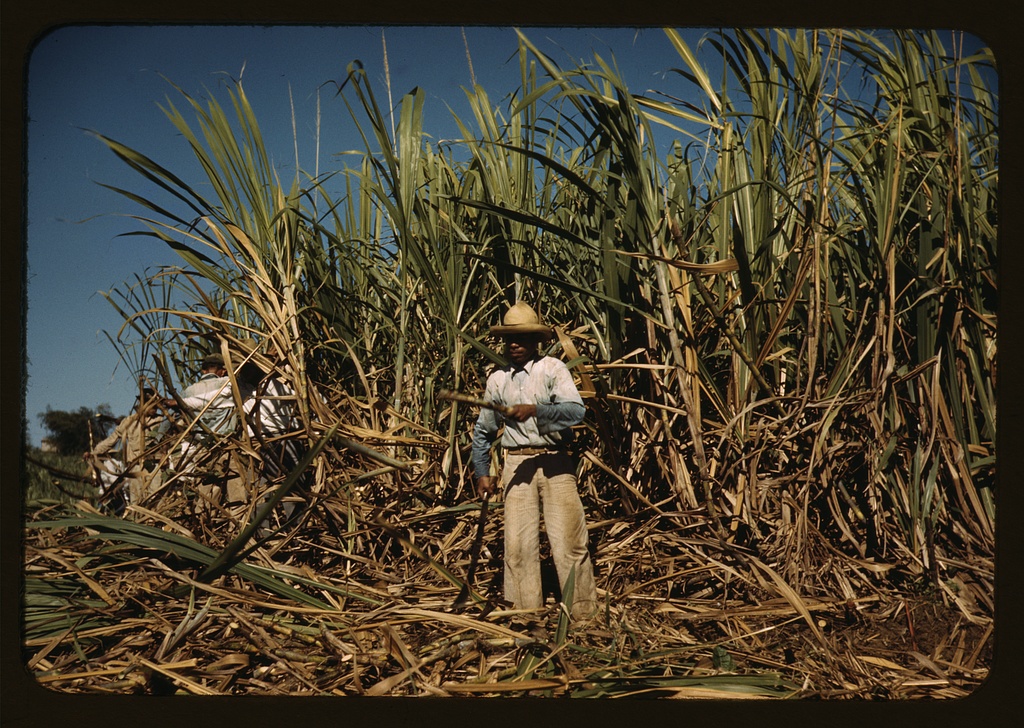
The Potential
However, despite not producing the raw material and not being a “classic” rum producing nation, what we do have here in NZ is a surplus of talented people producing high quality food and drink with our own tradition of innovation and independent thought. The much lauded No.8 fencing wire mentality! One need only look to our wine industry and the powerhouse that NZ sauvignon blanc has become or perhaps the continuous fermentation techniques developed by Morton Coutts at DB Breweries for inspiration of what is achievable. It is these qualities of ingenuity and vision, perhaps more than anything else, that give me the greatest hope of New Zealand rum achieving a measure of respect as a rum producing country of note both internationally and domestically. It is genuinely exciting to see what avenues our distillers go down and what surprises they will conjure into our glasses.
Exemplars
Already, our fledgling craft distilling industry is starting to get international recognition with three gins winning the top spot at the World Gin Awards over the last five years and some seriously good, world class whiskies starting to be produced by the likes of Pokeno, Cardrona, Thomson, Waiheke et al. that are sure to follow suit. Why shouldn’t rum be in on the gig?
Realistically, I don’t think we’ll ever be a powerhouse of rum production in serious volumes and it would be foolish to even entertain that. However, we absolutely do have the ability to become a respected pocket of skilled and creative artisan distillers creating damn tasty juice that the consumer will clamour to buy.
To get an idea of what this noble aspiration might look like, we should cast our eye towards the UK. There, rum is in the midst of a renaissance both in terms of its profile, the consumer buying habits and somewhat surprisingly, a new wave of acclaimed small scale producers. The likes of Ninefold, J. Gow, Scratch, and now Dropworks are garnering critical acclaim with a craft approach to making high quality rums.
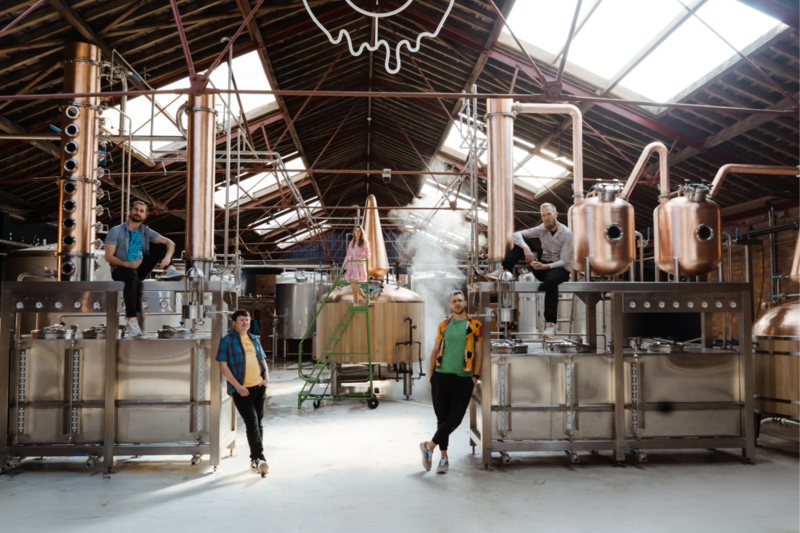
Amazingly, in the year to July 2022, rum sales exceeded that of whisky. Read that again. More rum was sold than whisky in the country that is the home of Scotch. We’re a long way off that here at present, but the waters are stirring….
A Call to Arms
In order to achieve our version of the rum renaissance, we need to not just make rum, but make the best rum we possibly can. We need to eschew average. Herein lies a fundamental issue that we as small scale producers in New Zealand face. Not enough distilleries are concentrating solely on rum. There is simply no way, no matter how talented, any producer can truly develop the understanding of the subtleties and nuances required to produce world class rum if it isn’t their prime concern that they work on daily. If you don’t eat, sleep and breathe it, day in and day out, if you just slot in the odd rum run in between more cash flow friendly gin distillations or the whisky that you really want to make, then you’ll never achieve the excellence required to (consistently) make something that makes people sit up and take notice. Some of my fellow kiwi distillers may take umbrage with this sentiment but there it is. Sorry, not sorry.
A quick look at those currently making rum commercially here, paints the picture:
There are thirteen distilleries with rum products on the market but only four have rum as the main focus. For the record, those four are yours truly at Lunatic & Lover, The NZ Rum Company, LWF Distilling and Grenada Bay. We really need more to get on board to push the envelope and raise the game.
A question of style
And what kind of rum should we aspire to make? Should we attempt to develop a stylistic quality all our own? In short, no. As alluded to previously, New Zealand has no real production tradition that developed into a distinct style in the same way as the rums of Barbados, Jamaica or Cuba. It would be a pointless exercise to try and dictate what New Zealand rum should taste like but not I believe, a pointless exercise to try and lay down a few markers on what constitutes a quality rum that our producers should adhere to as a minimum. Choices like not using processed sugar as a feedstock, no undeclared additives or sweeteners, no dubious age statements or duplicitous labelling should all be firmly on any new producer’s agenda if we are to progress a reputation for integrity and quality. Do it properly, do it to the best of your ability and be proud and open about how you do it.
Challenges
There’s a few things I have neglected to mention thus far that probably should be talked about. They all really boil down to one thing; the need for rum to be taken seriously. That may seem like a contradiction for what’s often perceived as a party drink but I’m talking about rum being treated as worthy of respect. This goes from bartenders being more considered in their choice of rum in cocktails (news flash – it is entirely possible to use something other than Bacardi in a Mojito!) through to distilleries releasing whatever rum comes off their still just because they can, more care and attention given to the category at spirit competitions and all the way up to government level where they need to do something about the sorry state of the current spirit definitions.
Ever one to have well thought out positions on his most beloved spirit, I approached Richard Nicholson, professional rum vagrant and founding father of the NZ Rum Society for comment on how we move forward.
“I don’t believe anything will have a greater impact on propelling rum’s growth in this country, more than education. I see this as directed towards two core identities:
Firstly, the rum producers themselves. I’d like to see NZ producers continuing to educate themselves on what rum is, around the world, the vast variances of processes (ingredients, ferment, distilling, ageing…), the wide gamut of rums out there they should be trying, etc. I’m more encouraged by a producer who has a large rum collection than one who doesn’t.
Secondly, the education of the consumer. This comes through multiple actors and generally via three ways: retail, hospitality, and media (mainstream and social). In terms of physical, such as at shows, in-store, retail training, bar programs, etc it would be of high value for NZ producers (and other actors) to get out there as much as humanly possible to get across the key points about “good rum.” I’m not saying it isn’t happening, but it’s arguably nowhere near where it needs to be.
Media isn’t an easy one. Mainstream is most often driven by an advertising agenda and a cut and paste attitude. But, on a positive note, there are a number of publications that are welcoming of content. If that can be better shaped, for the good of the NZ rum market, by a body, or individuals, then that’s a step forward in better education.
Social media is full of minefields but is still a valuable tool with great potential. As much as I don’t like it when someone has clearly got something wrong, by far my biggest gripe is unnecessary bullying or antagonistic behaviour. There’s no educational value in that. Quite frankly, it’s probably turning off as many on their rum journey as those that continue.”
It’s a valid perspective. Making amazing products is only half the battle and just as importantly, we need a consumer base that understands, appreciates and gets excited by rum as a category. And no need to be dicks about it either!
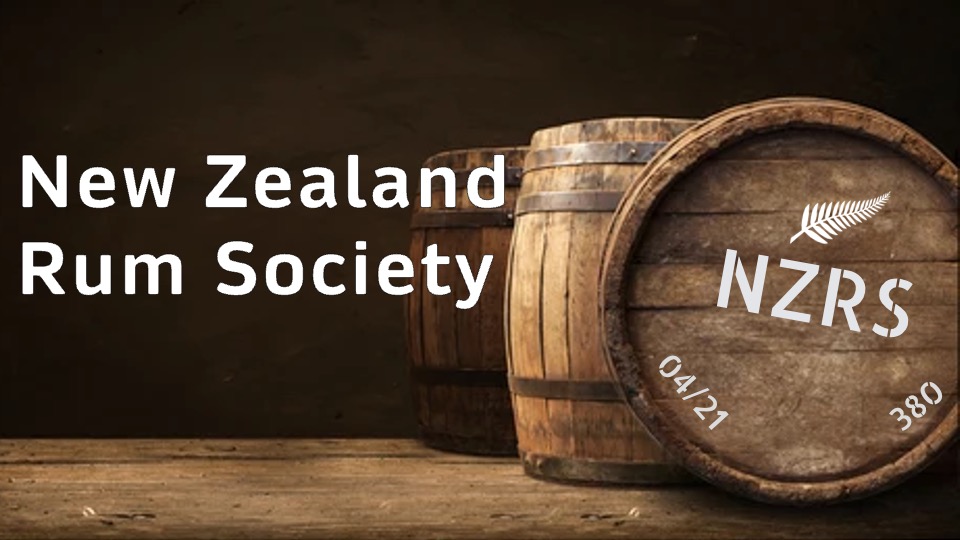
As a sidebar, if you’re interested in rum, learning more about it, connecting with like minded kiwis and importantly, getting the scoop on where the good stuff hides in this country, check out the NZRS facebook group: https://www.facebook.com/groups/462574631678344
I’m sorely tempted to go down quite a few more rabbit holes in this discussion, but think that this is probably enough of a rant for now. For those of you who might have skipped a bit (I won’t hold it against you) I thought I might finish up with a brief summary:
- Rum is a valid New Zealand spirit that deserves attention
- We have great potential but there’s a long way to go
- We need more distillers dedicated to rum
- Our producers need to do a better job of educating themselves
- We need to push for high quality rum made with integrity to earn respect
- There needs to be a more concerted effort to educate the consumer
Do all this, and we stand a chance of creating something great. Let’s get to it!
Oh, and importantly, support the guys who are doing a good job of rum here in NZ. How? By buying some juice of them course! Click here to browse our particular offerings.

 MENU
MENU
